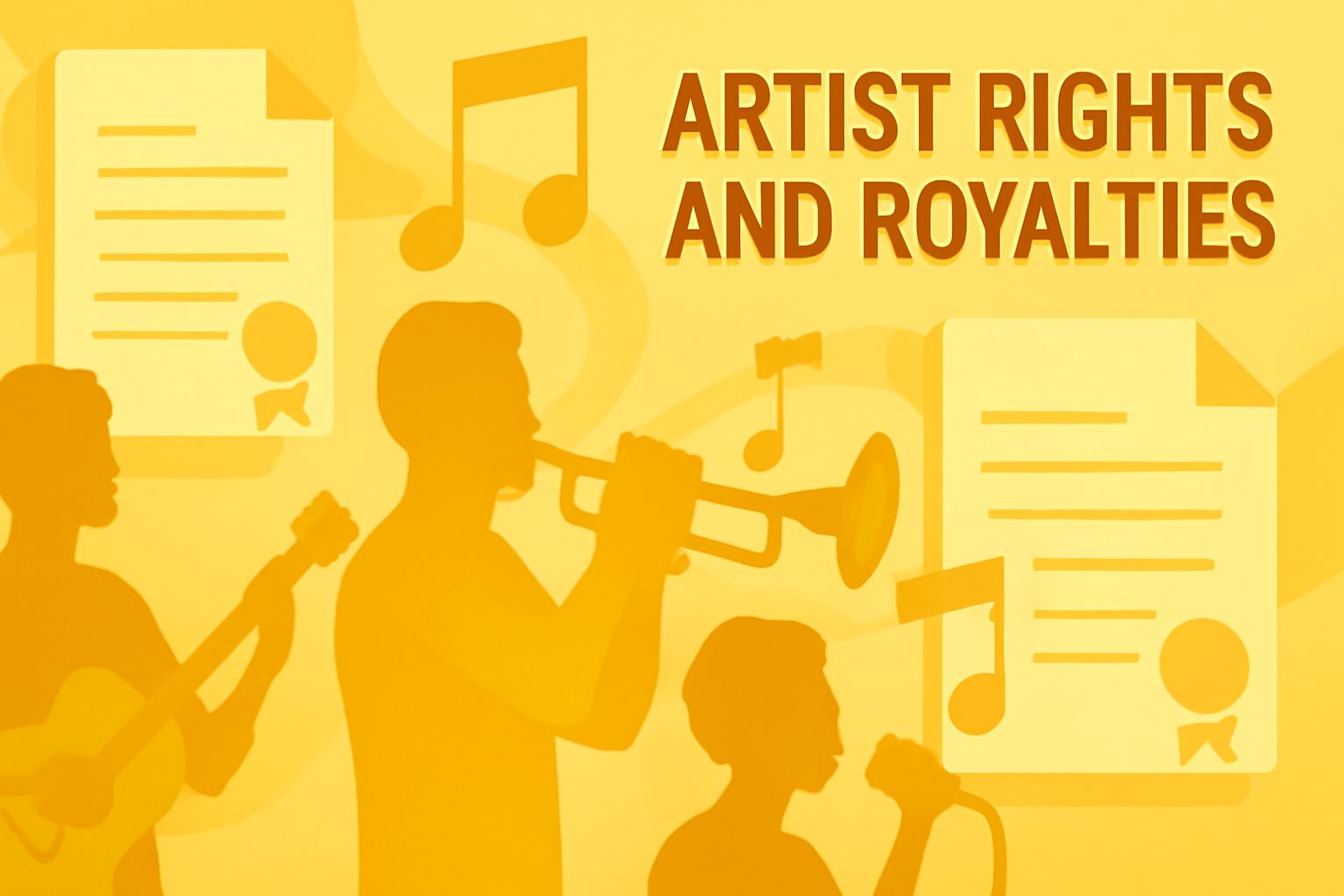Spotify Addresses Misinformation on Artist Terms
This week, Spotify publicly confronted circulating misinformation alleging that it altered its terms of use to transfer artists’ music rights to third parties, including partners and affiliates. The claims originated from social media videos by creators such as artist @chantmagick, sparking concern within the music community.
In a formal statement, Spotify categorically denied these allegations. The company emphasized that the updated terms do not affect the distribution rights of artists, podcasters, creators, or authors with respect to their music, shows, or audiobooks.
Clarification on Updated Terms
Spotify clarified that the recent terms apply exclusively to listeners and enable the platform to support user-generated content features such as custom playlist covers, user comments on podcasts, and user-created playlist titles. This practice aligns with industry standards among streaming services.
“These terms allow Spotify to display features such as user-created custom playlist covers, user comments on podcasts, and user-created playlist titles,” the company stated.
Ongoing Artist Compensation Controversy
Despite the clarification, Spotify continues to face intense scrutiny over its compensation model. Many artists and advocates argue that streaming payouts remain insufficient. In response, legislative proposals such as the Living Wage for Musicians Act, introduced by Congresswoman Rashida Tlaib and Congressman Jamaal Bowman, seek to raise streaming royalties to one cent per stream.
Spotify maintains that its royalty payments have been improving, reporting a total payout of $10 billion to the music industry in 2024.
FinOracleAI — Market View
Spotify’s swift rebuttal of misinformation highlights the company’s commitment to protecting artist rights amid a complex streaming ecosystem. However, the ongoing debate over fair compensation underscores persistent tensions between platforms and creators.
- Opportunities: Enhanced transparency on terms could strengthen artist trust and user engagement.
- Risks: Continued criticism and legislative pressure may impact Spotify’s operational costs and market positioning.
- Growing demand for higher royalties could reshape streaming economics and artist-platform relationships.
Impact: Neutral to cautiously positive — Spotify’s clarification mitigates reputational risk, but compensation debates remain a significant challenge.













